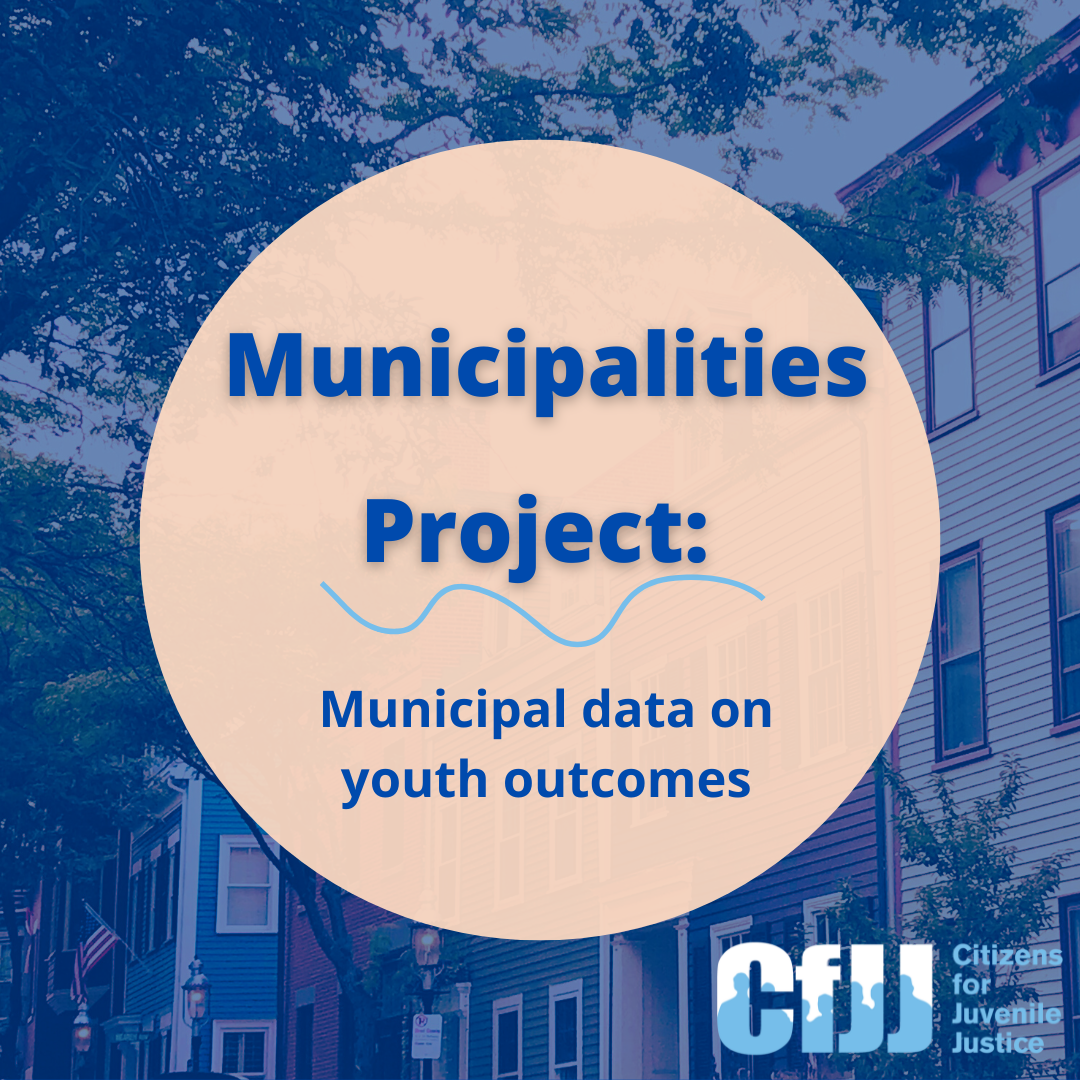Data & Transparency
Sound juvenile justice policy must be based on comprehensive, uniform, reliable and publicly accessible data. Effective public policy cannot be based on instinct or anecdote; rather, it must be based on solid information that enables policy-makers and practitioners to identify and quantify problems in the system, propose and implement solutions and then evaluate whether the solutions are, in fact, effective.
Massachusetts currently fails to collect crucial data at most of the significant decision points in the juvenile justice system. As a result, taxpayers are blindly funding a system without adequate metrics to assess its fairness or effectiveness, a system that has a profound effect on kids, families and communities.
How many minority youth are formally charged with committing a crime in Massachusetts?
We don’t know. Aggregate data is available to the Court but not shared, despite the fact that arraignments are considered to be one of the best measurements of juvenile delinquency.
How do district attorneys use their discretion to divert or indict youth?
We don’t know. Diversion is a useful tool for sifting out less serious cases that can be resolved informally, while indictment is intended for the most serious cases with the most serious consequences. Aggregate data about whether both of these critical decisions are being made consistently or fairly is not reported or shared publicly.
How many youth who are charged in court are actually found to be delinquent?
We don’t know. While the Court’s data system is capable of producing this data, it is not routinely aggregated or made public. The one year that this data was publicly available (2009) indicated only 11% of cases charged in court ended in a delinquency adjudication.
How many youth are given “adult” sentences?
We don’t know. Sentencing children as if they were adults is a profoundly serious decision with potentially devastating consequences, but there is no way to know how often this is happening, or whether it is happening fairly or appropriately. While the courts are capable of producing this data, they either choose not to do so, or not to share it if they do.
Are young people and public safety better off through young people’s system involvement?
We don’t know. National research shows that system involvement tends to worsen outcomes. Massachusetts does not track education, housing, health and recidivism data for the 93% of youth who enter our Juvenile Court system but are never formally committed to DYS custody.
While 39 other states currently comply with federal law requiring the collection of data on race and ethnicity at each decision point in the juvenile justice system, Massachusetts does not. Failure to collect this data risks the loss of federal grants which can fund important prevention and intervention programs.


